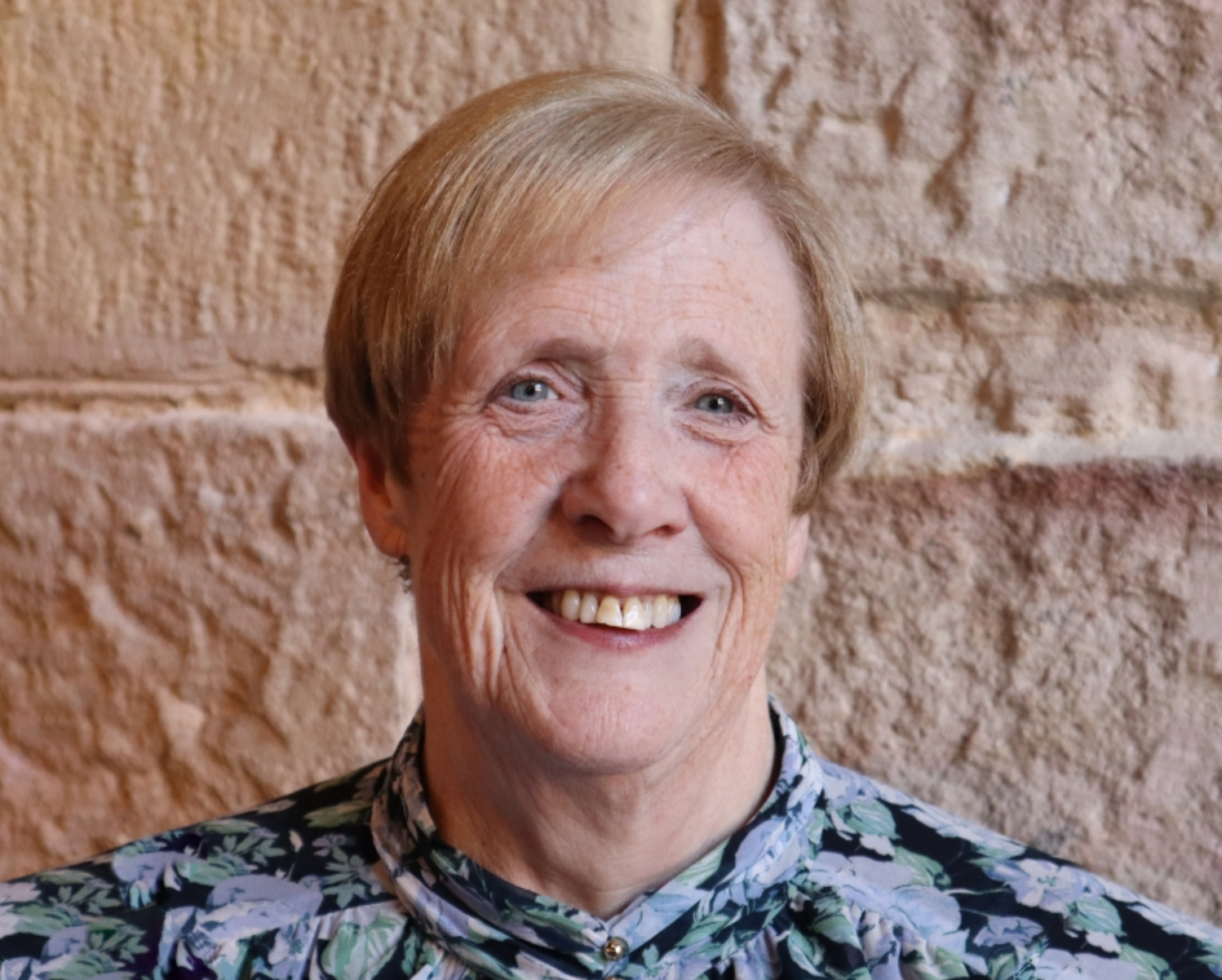As Food Frontier continues to grow and evolve, we have been delighted to welcome additional expertise to our Board of Directors. Anne Astin AM PSM PhD is a distinguished food scientist and esteemed executive and non-executive leader in Australia and New Zealand’s food innovation and agriculture sectors.
With a wealth of current and past appointments including Agriculture Innovation Australia; Australia’s Food Agility CRC; Dairy Food Safety Victoria; Sheep Producers Australia; New Zealand Food Safety Science and Research; and the Victoria State Government, Anne has been widely recognised for her extensive leadership contributions across industry, policy and science.
We spoke to Anne about her motivations for joining Food Frontier’s mission.
With such an accomplished career and many demands on your time, what’s drawn you to now devote focus to supporting alternative proteins?
Anne: With the global population estimated to reach 9 to 10 billion by 2050, there is an urgent need to diversify dietary protein sources to ensure we are able to feed the growing population. Importantly, we need to do so sustainably as we respond to competition for decreasing natural resources, more extreme weather conditions and increasing food insecurity. Whilst conventional animal proteins have previously been the basis of protein supply, alternative proteins provide a new source of nutrition to our diets. Alternative proteins are an “and” rather than an “or” and both animal and plant based foods are needed to sustain our global food supply. Having spent time in mid-2022 visiting food companies in northern Europe, I learnt that without exception, their investment in food innovation was into plant based food alternatives and this was largely driven by consumer demand.
What about Food Frontier’s work and approach attracted you to a position on our board?
Anne: I was attracted to Food Frontier’s vision, mission and values as an independent think-tank conducting evidence-based research into the benefits of alternative proteins. I am also committed to contributing my knowledge, experience and learnings to assist Australia in meeting the UN Sustainable Development Goals (SDGs). Again, whilst in Europe, I learnt they are far more advanced in achieving these SDGs and if Australia’s agriculture, agribusiness and food sectors are to remain competitive in the global market, we need to explore all opportunities. The insights, evidence, data and support generated through Food Frontier’s work will be an enormous contributor that can only benefit Australia’s food industries. While change is never easy and there are challenges ahead, I am excited to be able to make a contribution.
As a food scientist with extensive knowledge of the food innovation and agriculture sectors, what role do you see alternative proteins playing in the future of Australia and New Zealand’s agri-food sector?
Anne: In the 21st century, innovations such as civilian space tourism is a reality – imagine what the next 20 years might bring. For example, how could we feed people as interstellar travel becomes the ‘norm?’ How might we ‘build a farm on Mars?’ Looking to sustain a nutritious food supply for humans exploring environments beyond this planet, it may be too challenging to establish an animal base on another planet, but cultivated protein production may be more feasible. This is just one example of the ample opportunities Australia and New Zealand’s agri-food sectors have to grow and be innovative. We have seen how rapidly technological advancements have developed since 2000 and the next two decades could be even more exciting!
We are delighted to welcome Anne, who alongside Alison Gibson, appointed last year, will make invaluable additions to strengthen Food Frontier’s governance and influence.
Read more about our board members here: Our people
